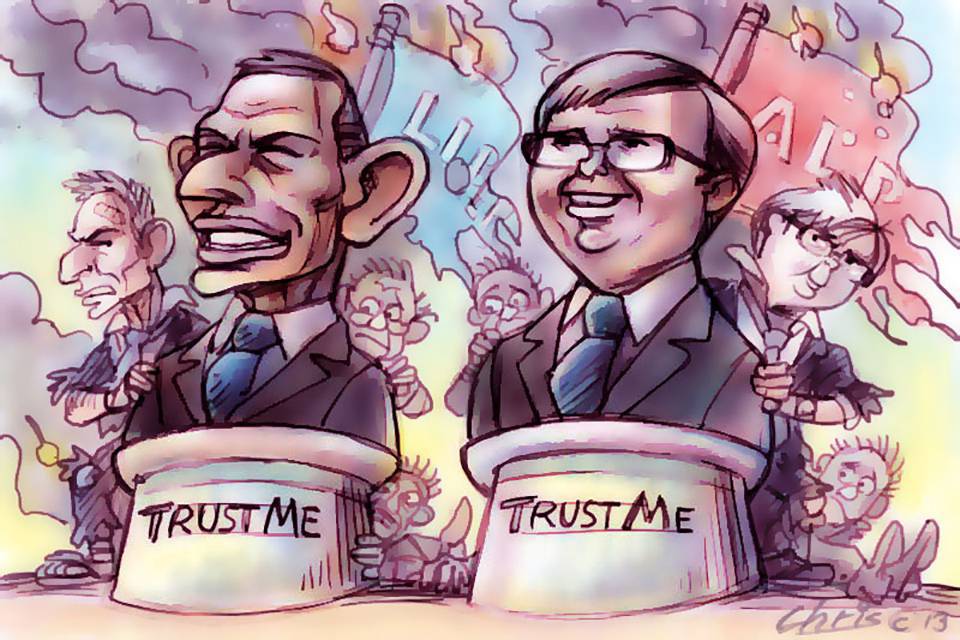Somaliland's New Leadership: A Political Shift Towards Global Acknowledgment
Somaliland's opposition leader, Abdirahman Cirro, secured a decisive victory over the incumbent president, setting the stage for potential global recognition. Although self-governed since 1991, lack of formal recognition limits international finance and mobility for its six million residents. Cirro supports a strategic Ethiopian agreement but signals potential Somali dialogue.

Somaliland's opposition leader Abdirahman Cirro has achieved a significant political victory, defeating the incumbent president Muse Bihi Abdi in last week's election. This result, confirmed by the electoral commission on Tuesday, could usher in a new era as the breakaway Somali region strives for global recognition.
Declared independent since 1991, Somaliland exercises self-rule yet faces constraints in international finance and travel due to its unrecognized status. Winning 64% of the vote against Bihi's 35%, Cirro's triumph may pave the way for broader international ties. The opposition leader has indicated support for a pact with Ethiopia that could aid recognition efforts.
However, questions remain about Cirro's approach to this agreement with Ethiopia, which has strained relations with Somalia. His stance might include a shift towards dialogues with Somalia, introducing potential changes in the region's geopolitical relationships. Congratulatory messages poured in from regional leaders, signaling potential shifts with neighbors and major global players.
(With inputs from agencies.)
ALSO READ
Ethiopia Advances Disability-Inclusive Health Services with Successful WHO-Led Workshop
Somalia and Ethiopia Seek Resolution in Somaliland Port Dispute
New President Sworn in as Somaliland Pushes for Global Recognition
Erdogan's Diplomatic Balancing Act: Sudan-UAE and Ethiopia-Somalia Conflicts
JGU Achieves Global Recognition in Online Learning










